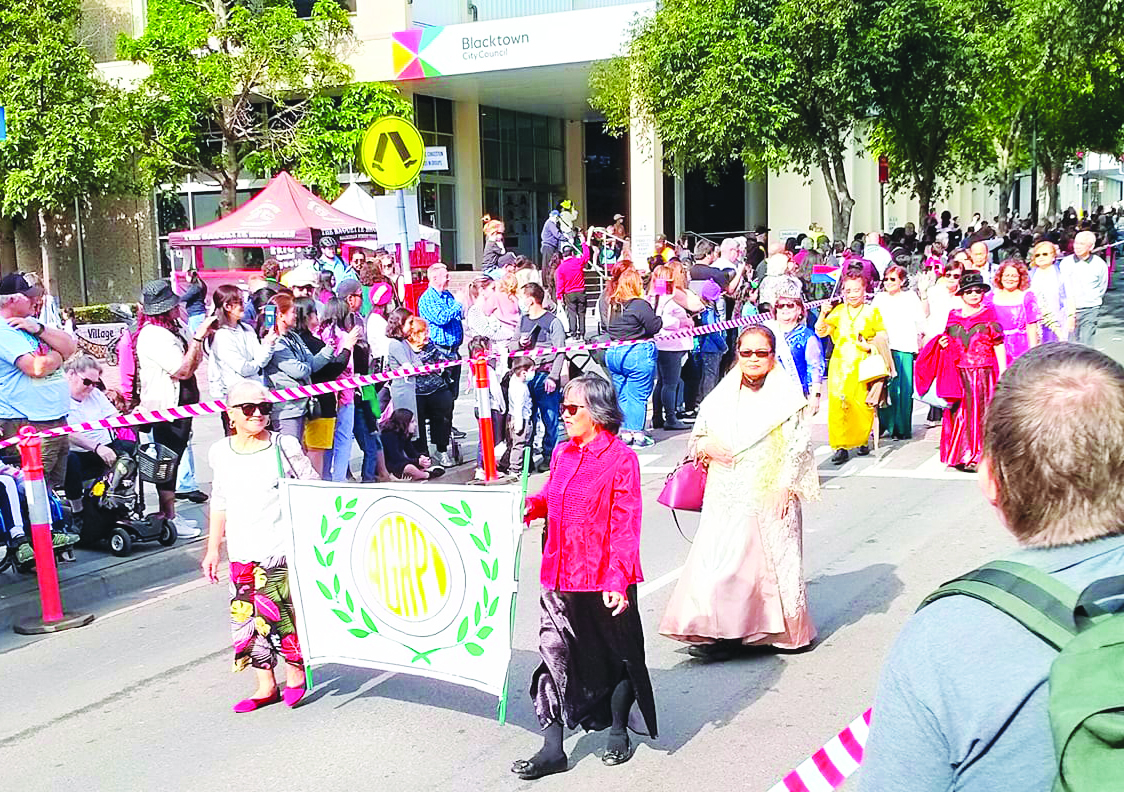
Melbourne, Feb. 11 – Victorian Minister for Community Services Mary Woodbridge announced today an innovative program to address adolescent violence in the home including measures to prevent and discourage abuse of power perpetrated by adolescents against their parents, carers or other relatives.
Ms Woolbridge said the Victorian government has committed $750,000 to the Keeping Families Safe program which will be piloted and evaluated in Frankston and Mornington Peninsula areas by the Peninsula Health’s community Health division.
Adolescent violence include physical violence, destruction of property, threats and intimidation,psychological and financial abuse and occasionally sexual abuse.
In 2012, Victorian Police responded to more than 4,000 family violence incidents where an adolescent was an offender. Research shows this type of behaviour may carry into adulthood unless it is addressed,
“By intervening early to support attitudinal and behaviour change in adolescents, we can reduce the risk of them graduating to other antisocial and violent behaviours and enhance the family,” Ms Woodbridge said.
“Most adolescents want a positive family connection and parents love them – they just want this violence to stop.”
Ms Woodbridge said that piloting the behaviour change program for adolescents was an initiative committed to in the Victorian Government’s Action Plan to Address Violence Against Women and Children.
“Keeping Families Safe” will sit alongside a number of initiatives in the Action Plan that focus on identifying those who are at risk of committing violence and intervening to change their behaviour,”Ms Woodbridge said.
“Keeping Families Safe” has been modelled on the successful American group work program “Step Up” but will be customised for Victorian conditions. It is the first time this model has been used in Australia.
Young people aged between 12 and 18, will be referred to the program by police, youth justice and courts as well as by community agencies such as Child FIRST, child protection, youth mental health,alcohol and drug services, disability services and also from the families themselves.
Following assessment of the young person and their parents or carers, a tailored response is developed that has three key components. They are individual case management, group programs and therapeutic work with the whole family to promote healthy and respectful relationship.
The Step Up program was launched in 1997 in Seattle, USA as a response to high numbers of young people using violence in the home who were coming into contact with the justice system.
An evaluation of the program found improvements in the attitudes, skills and behaviour of adolescents during the period of intervention, and reduced recividim rates for young people who completed the program.










Leave a Reply